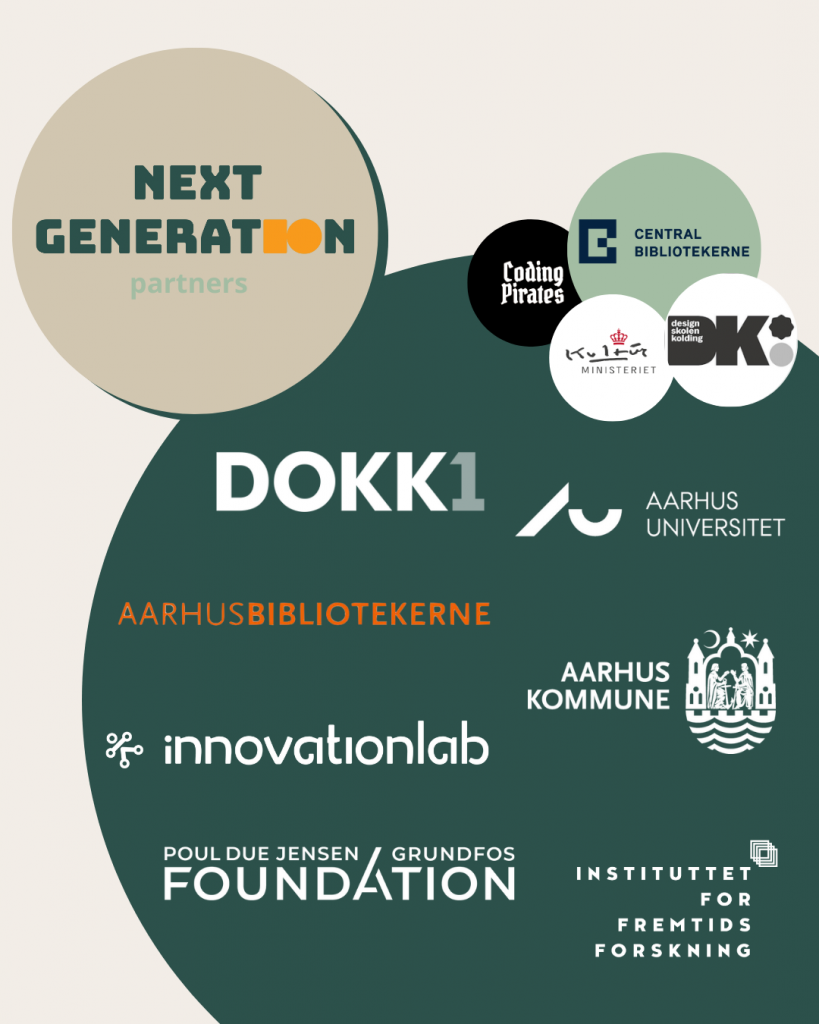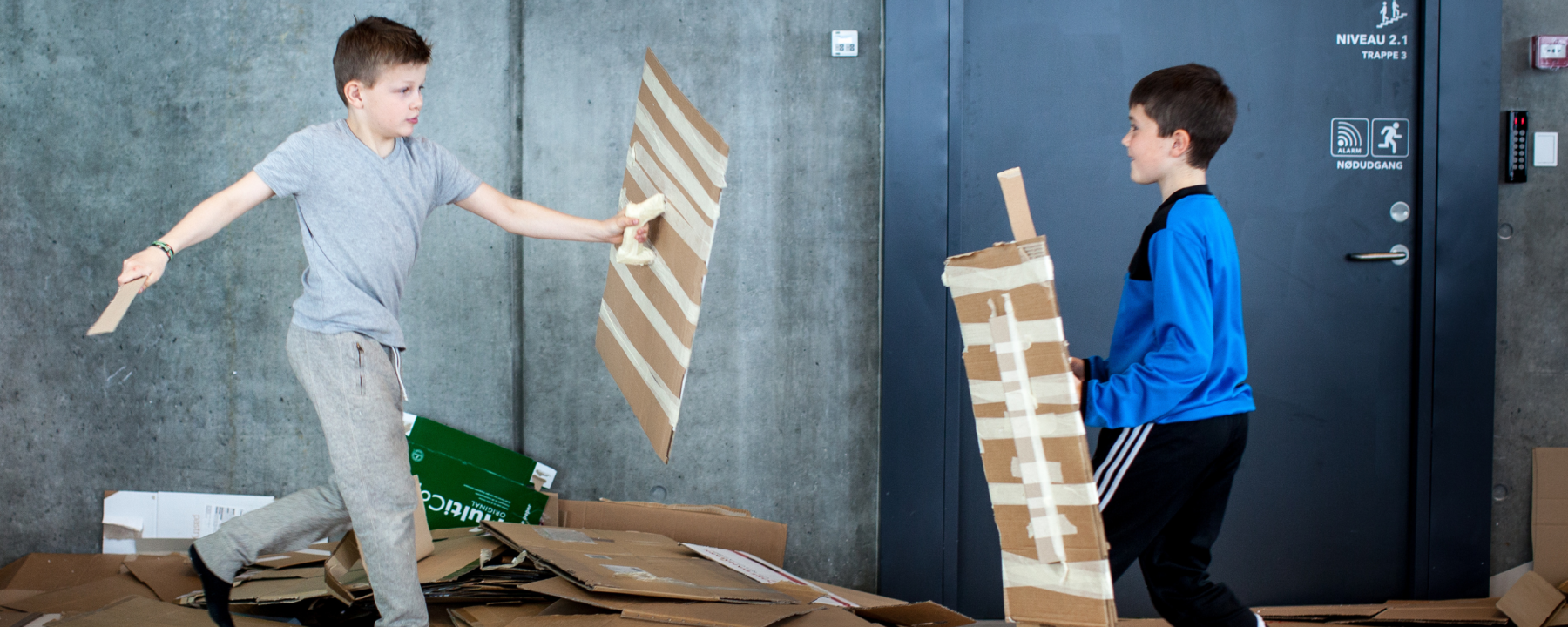Literacies of the Futures.
Register here
See the full programme here
Let’s play together and imagine the futures to come! Join the Next Generation Conference: Literacies of the Futures – A two-day conference filled with exciting talks and hands-on workshops that explore the topics of tomorrow through children, tech and play.
We know that we don’t know which literacies we need in the futures. But we believe it to be unthinkable to imagine developing literacies for the futures without play and playfulness. We know that we need to be able to imagine futures and be creative with technology in order to grasp future challenges. We know that imagination and experimentation are valuable skills.
The Next Generation Conference zooms in on exactly that:
- What part does technological playfulness play in the futures’ literacies?
- How can kids and youth grasp the future?
- How can adults support kids and youths’ playful approach to the world and to technologies?
At the conference you’ll get to the chance to e.g. meet:
- Andreas Refsgaard, artist and interaction designer
- Dylan Yamada-Rice, artist, researcher and co-founder of XORdinary Stories
- Amos Blanton, ph.d. at Aarhus University
- Jennifer Sykes, visual-artist and lecturer at The Royal Danish Academy and the Creative Coding institute in London.
- Helle Marie Skovbjerg, Professor in play and design at Design School Kolding.
At the conference we are inspired together, reflect together, build together, debate and focuses on topic like invention literacy, imagining the futures, embracing technologies of the futures and sustainability of the futures – all seen through the lens of kids, tech and play.
Next Generation is funded by Poul Due Jensens Fond.
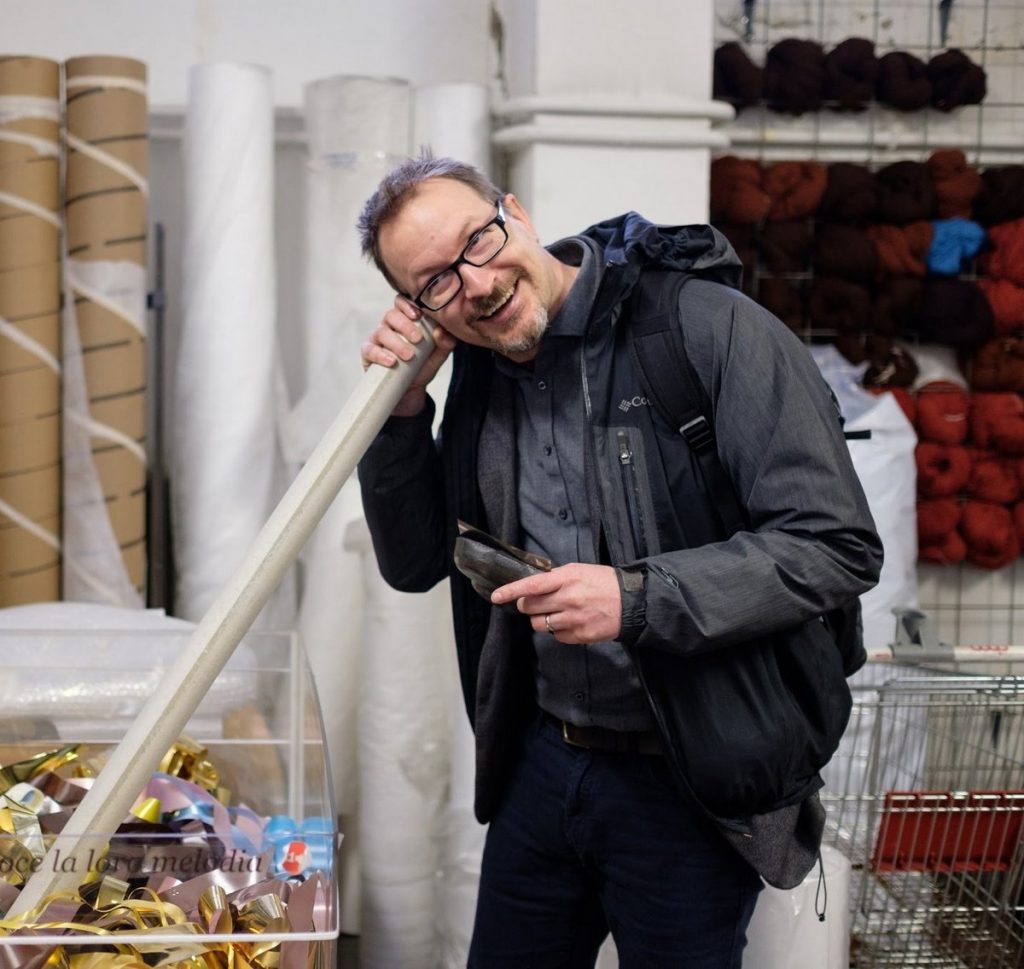
Amos Blanton is a designer, researcher, and educator specializing in open-ended creative learning experiences and environments, and did his PhD research on tinkering and collective creativity at Aarhus University in partnership with Aarhus Public Libraries. He ran the Scratch online community as part of the Lifelong Kindergarten Group at MIT Media Lab, designed learning through play activities for LEGO House, and helped land the FujiFilm Blimp.
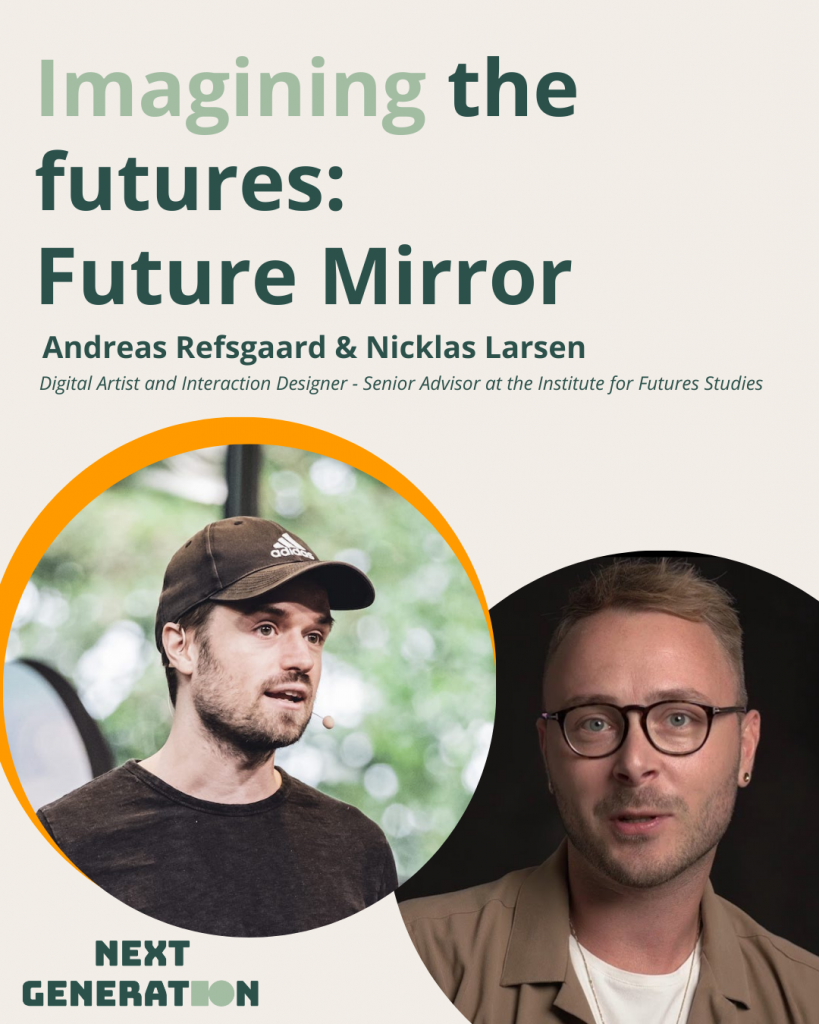
Future Mirror is an engaging and collaborative workshop that bridges the gap between humans and machines, by fostering a shared imagination and co-creation of potential futures.
Participants come together to construct future prototypes using recycled materials. By harnessing the power of AI, attendees collaborate with advanced technology to enhance their future creations.
The objective is to cultivate individuals’ futures literacy, encouraging them to think beyond conventional boundaries and embrace innovative approaches to anticipating the future.
Through imaginative exercises and novel techniques, participants will expand horizons and develop a deeper understanding of potentials that lie ahead.
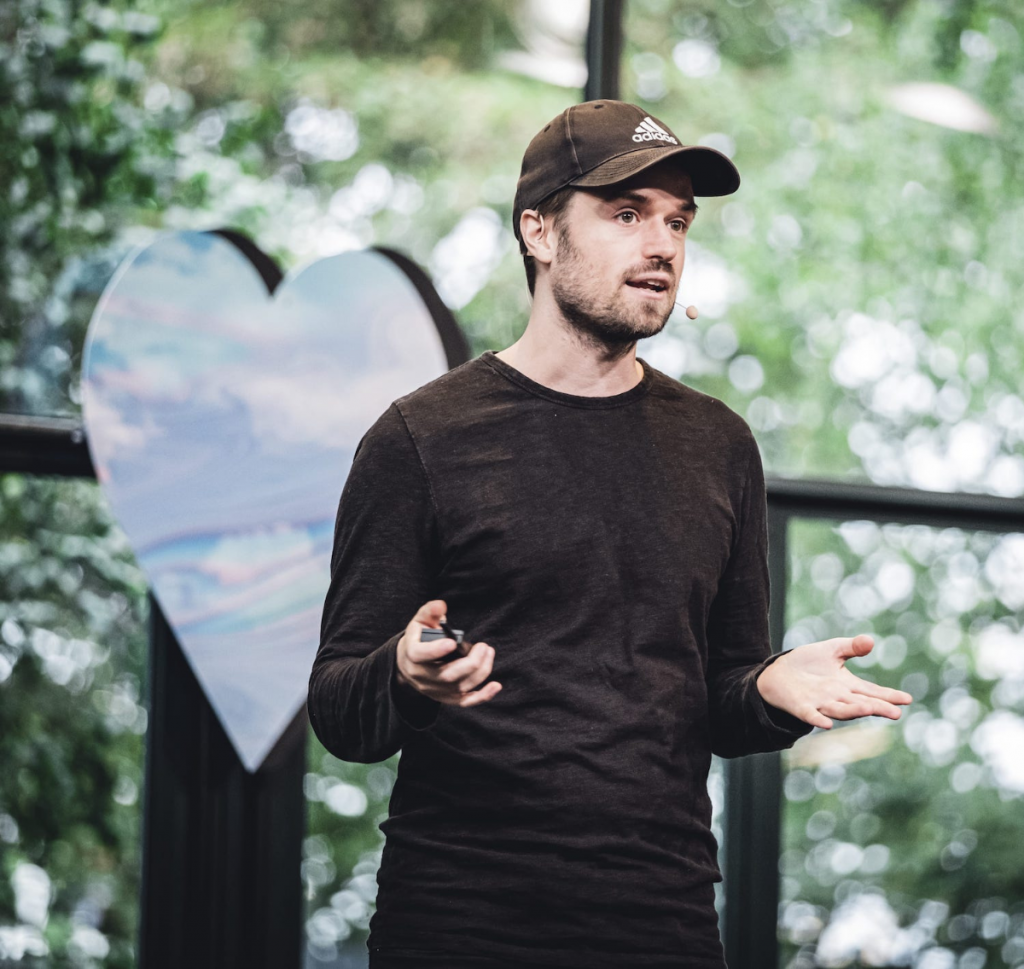
Andreas Refsgaard is a digital artist with a creative approach to artificial intelligence. He has taught at Aarhus University, Massachusetts Institute of Technology (MIT), Pratt Institute, Kolding School of Design, Design Academy Eindhoven, Kunstakademiets Arkitektskole.
See more about Andreas here: https://andreasrefsgaard.dk
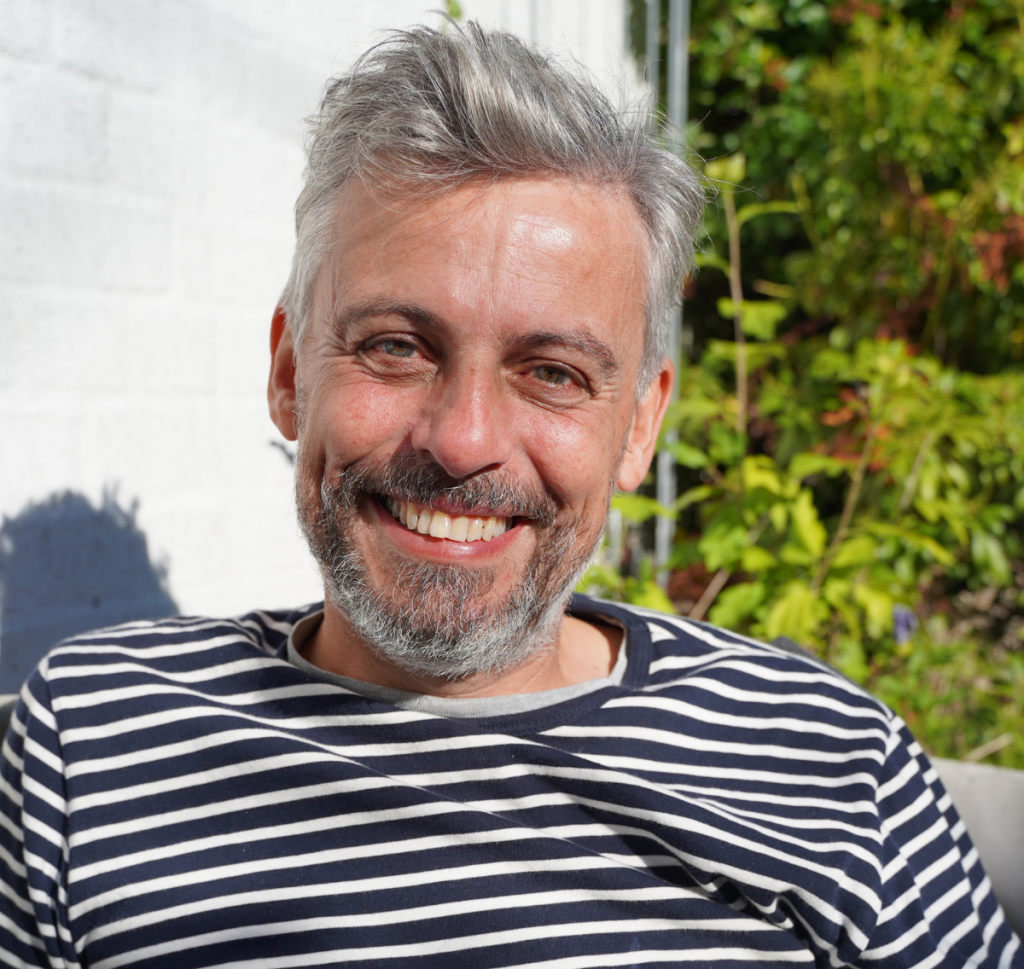
Casper has worked in the Danish school system for more than 30 years as teacher, headmaster and digital specialist. He divides his time between being a teacher in Frederiksbjerg Skole and being teaching consultant in the IRIS development group. Casper has also been played an important role in the making of the digital toolbox, POV Filmskolen for elever og lærere.
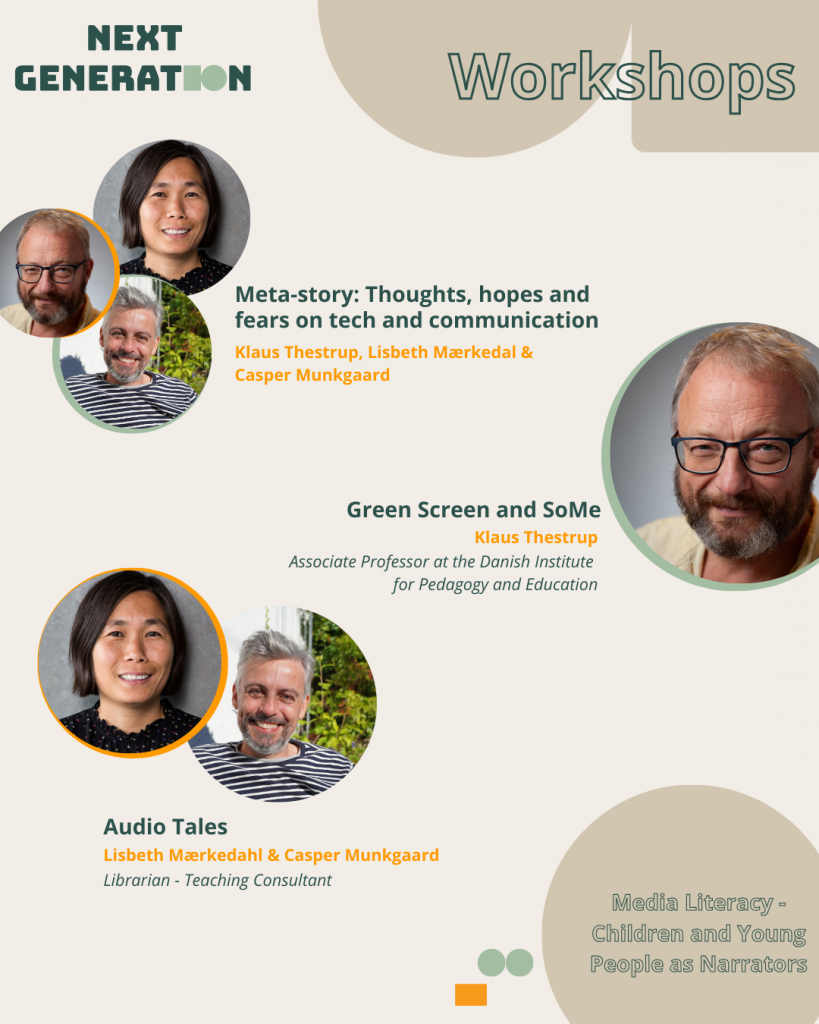
Green Screen as a tool for communicating will try out and discuss how Green Screen can become a tool for producing and communicating on the internet and, in the process, simultaneously a tool for choosing what images to send to whom and why.
Audio Tales will show how adults can work with Audio Tales together with pupils and children in general.
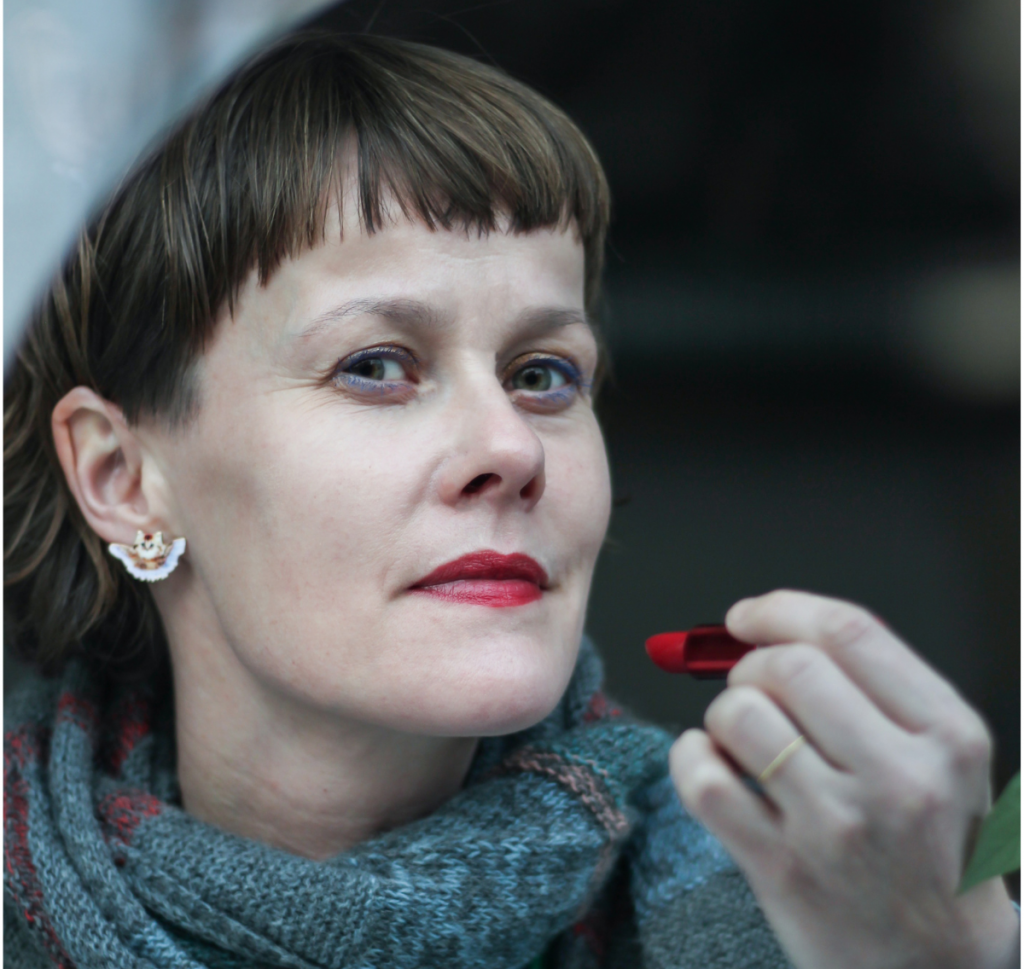
Helle Marie Skovbjerg is Professor of Play and Design at Kolding School of Design and also leads a number of major research projects in the field of play design. For the past ten years, Helle Marie has worked with the atmospheric perspective on play as a way of designing for, talking about and exploring play as a form of human endeavour. Most recently in the books ‘Ti tanker om leg’ (2021), ‘On Play’ (2021) and ‘Perspektiver på leg’ (2016).
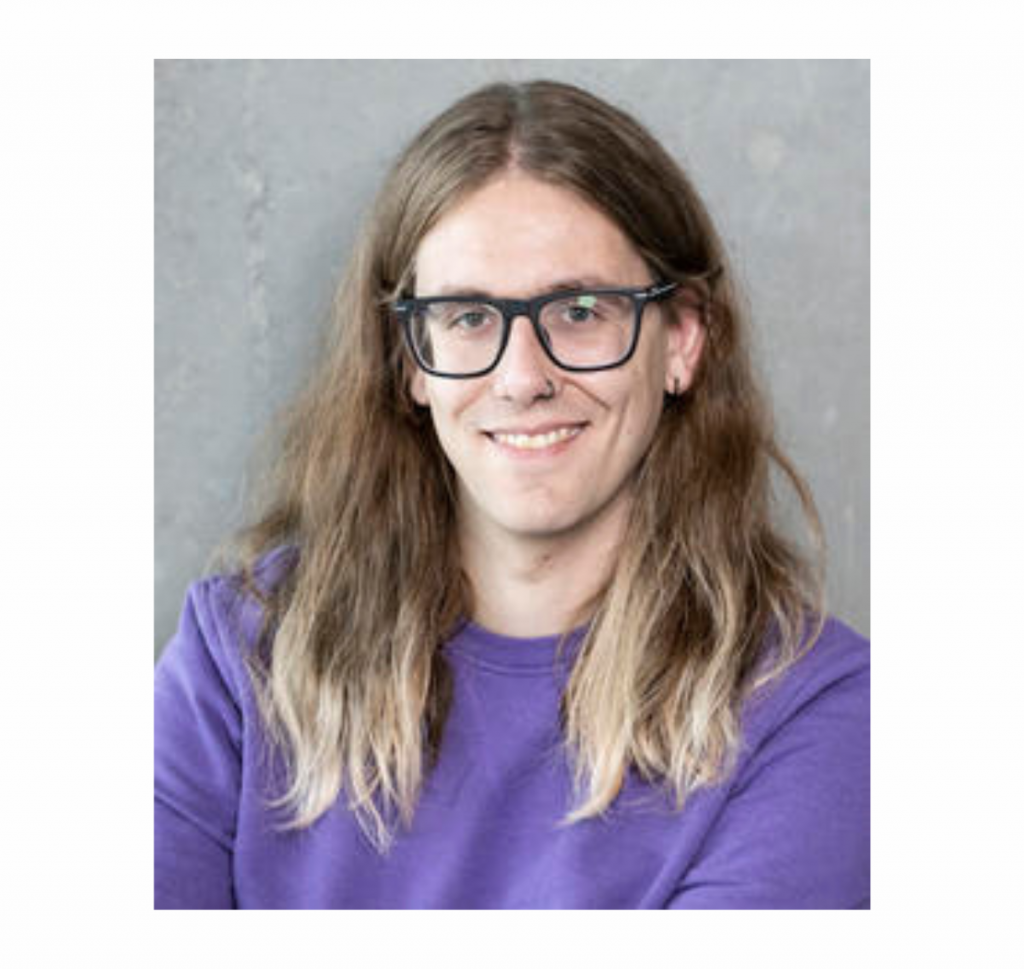
Henrik is a librarian. But inside him lives a programmer, a graphic designer, a Japan enthusiast, an uncompromising aesthete and a deeply sensual person with a particularly well-developed sense of inclusion and inclusivity.
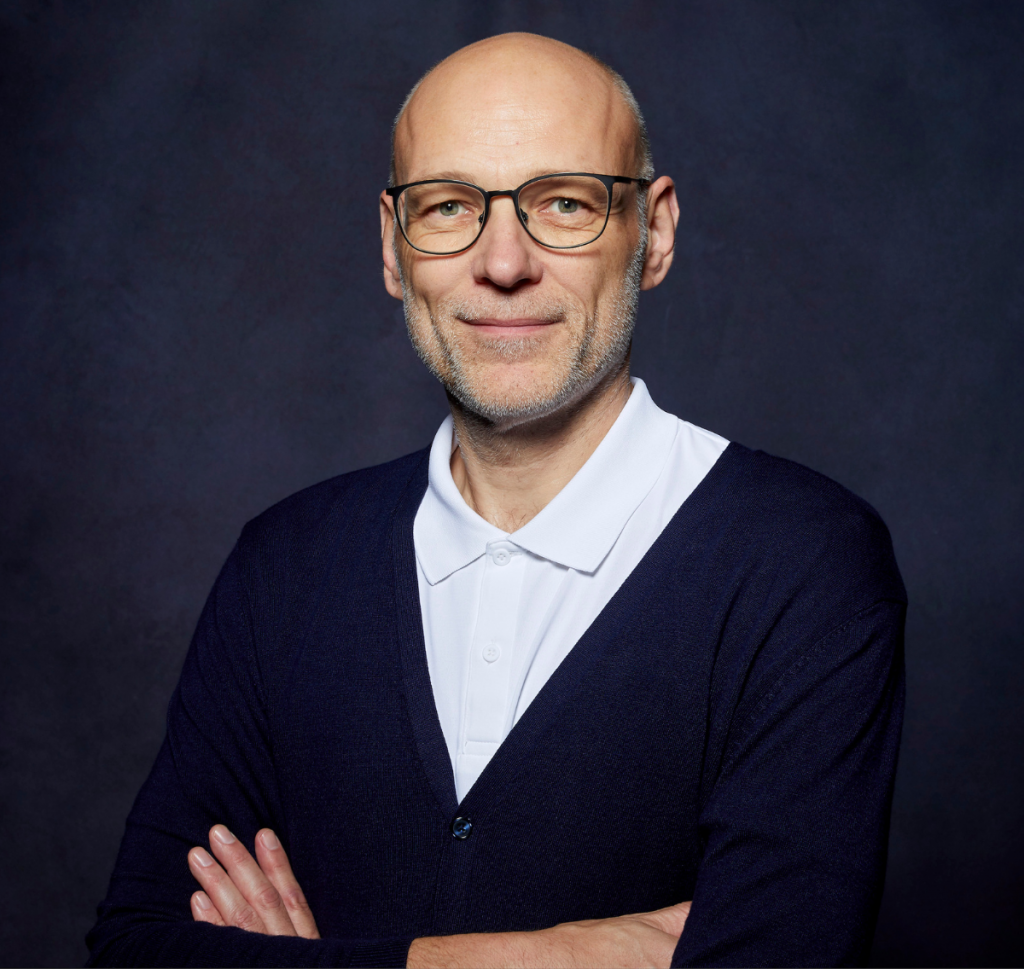
Janus has worked as a primary school teacher in Odense for 17 years. He has published more than 75 teaching aids in various subject areas and received the Undervisningsministeriets Læremiddelpris. In 2012, he founded the EdTech company WriteReader, which develops learning tools whose primary purpose is to turn students into digital and creative producers. WriteReader is currently used in over 100 countries – primarily Denmark, USA, Sweden, Norway, Canada and Switzerland. For the past 10 years, Janus has been the project manager for a number of research projects on children’s early writing development.
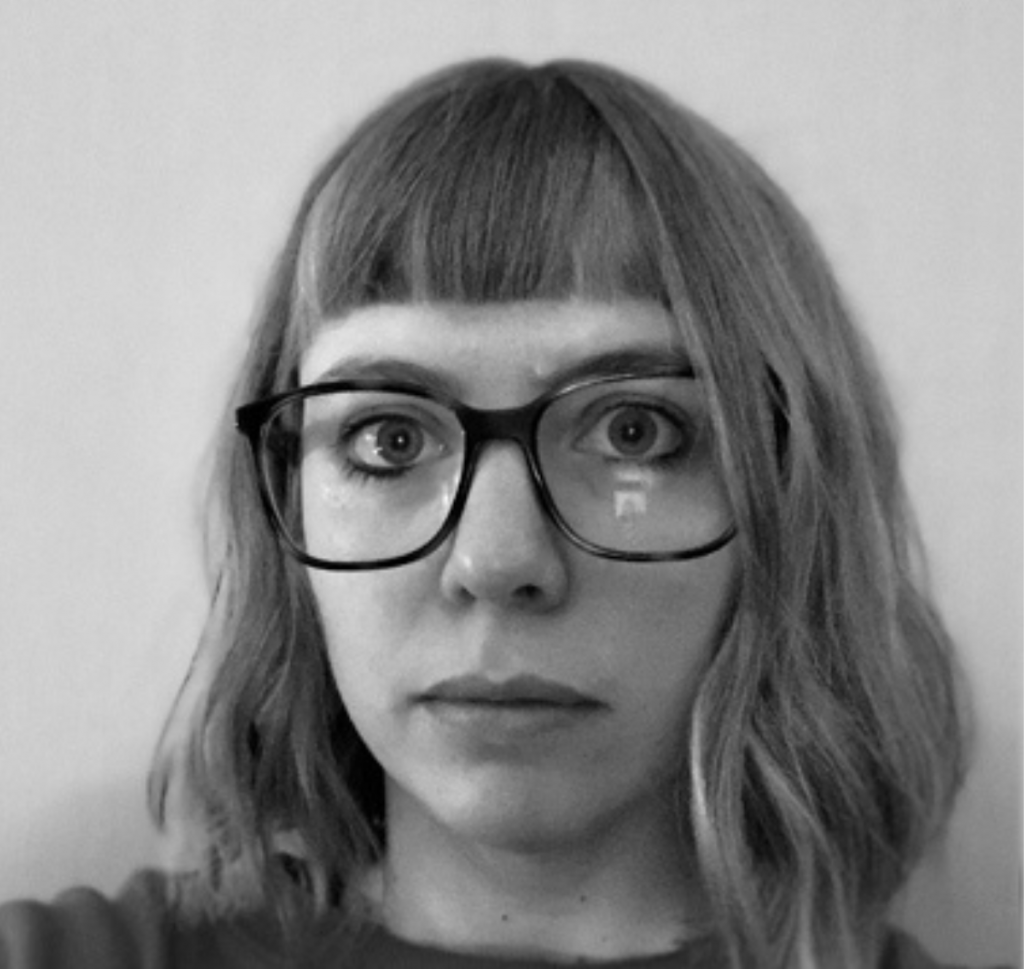
Jennifer Sykes will facilitate the workshop: Tangible Creative Coding
Jen Sykes is a visual-artist and lecturer based in Glasgow. Having graduated from the MFA in Computational Arts at Goldsmiths University of London in 2012, her work spans creative computing, sculpture and electronic hardware designs often connecting analog and digital worlds. Her current PhD research focuses on how creative coding can be taught through tangible, visual materials that facilitate reflection when learning.
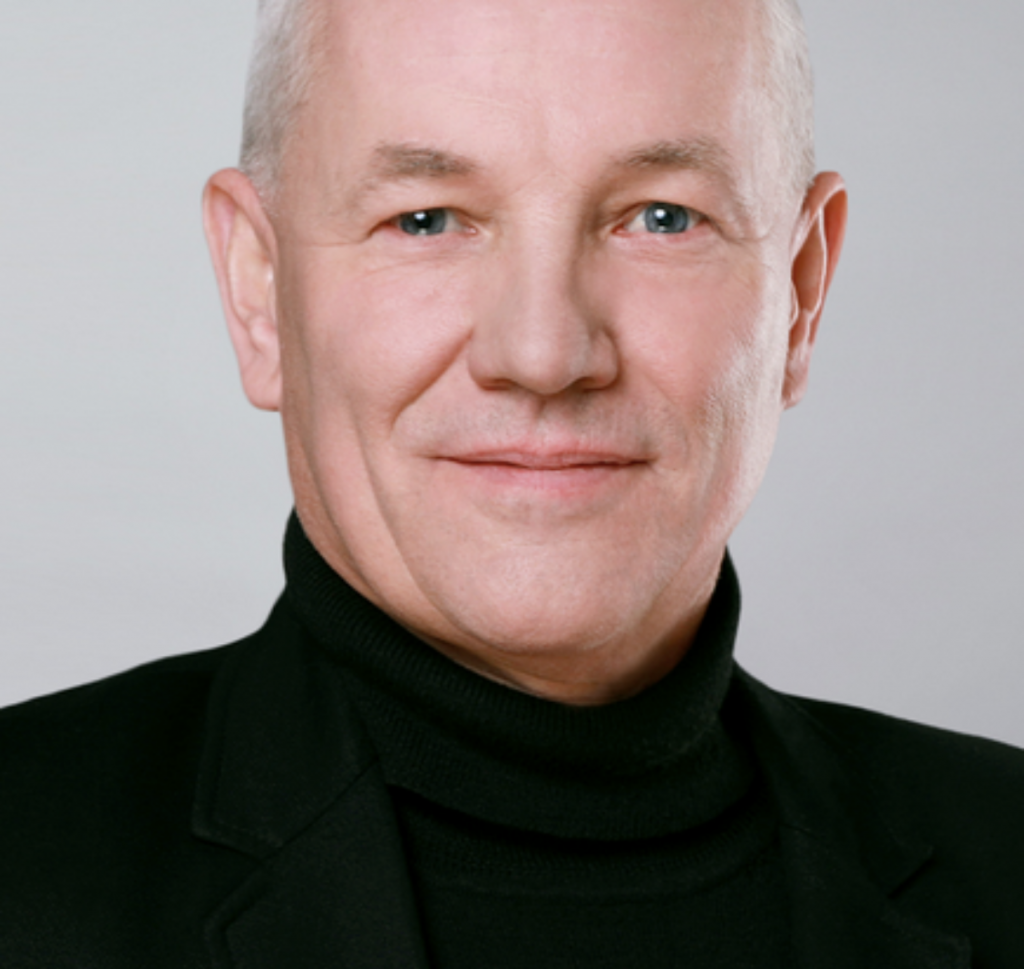
Initiator and Lead of urban experimentation projects at HafenCity University Hamburg including UrbanTestbeds.JR (supported by Interreg Baltic Sea Region) and ANN RADAR (financed by the ICLEI Action Fund) at the Institute of Urban Planning and Regional Development at HafenCity University. Initiator and Lead of SmartSquare, a “Smart Service City” urban testbed focusing on cultural service innovations in smart cities, as visiting professor at the CityScienceLab@HCU. Senior Expert for New European Bauhaus transformation projects in multiple cities.
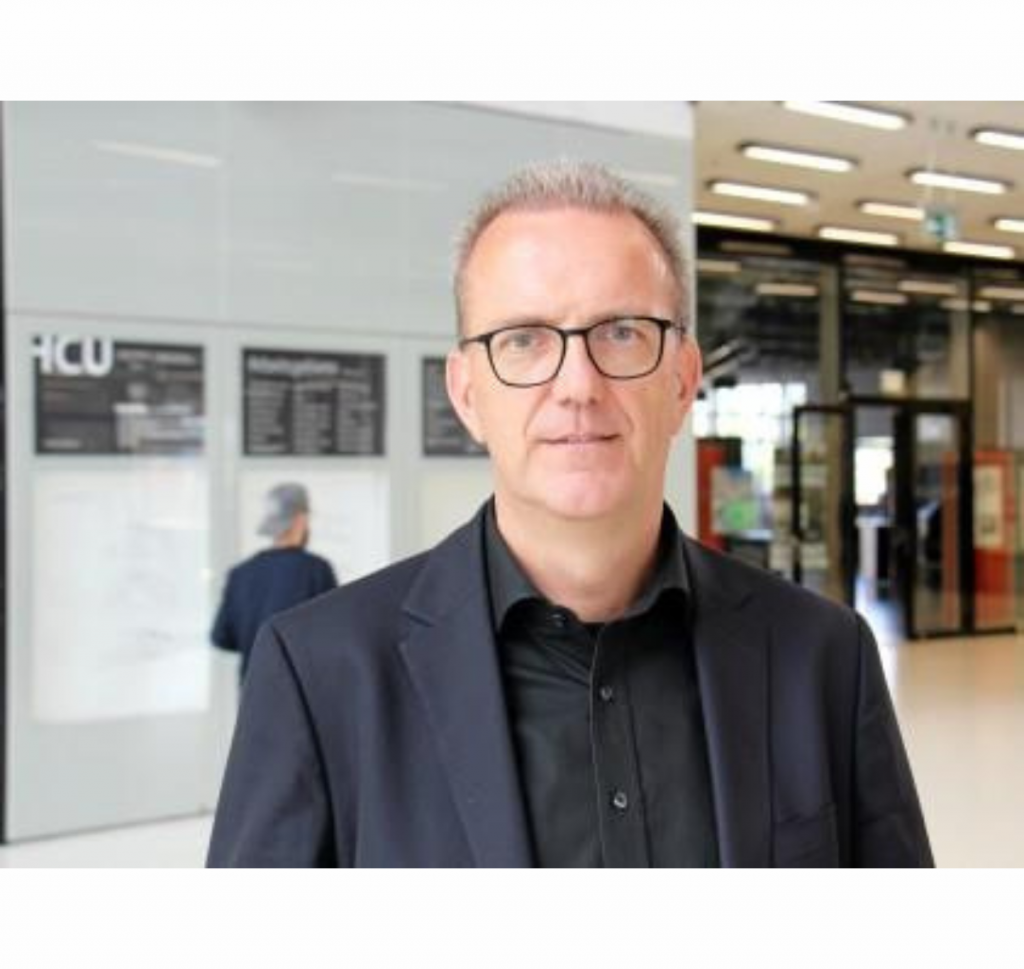
Jörg Knieling is Professor and Head of the Institute of Urban Planning and Regional Development at HafenCity University Hamburg (HCU), and Dean of the HCU Urban Planning Program. His academic background is in urban, regional and environmental planning, and in political sciences and sociology, he holds a Ph.D. from the University of Hanover.
Further information:
https://www.hcu-hamburg.de/en/master/urban-planning/arbeitsgebiete/joerg-knieling/
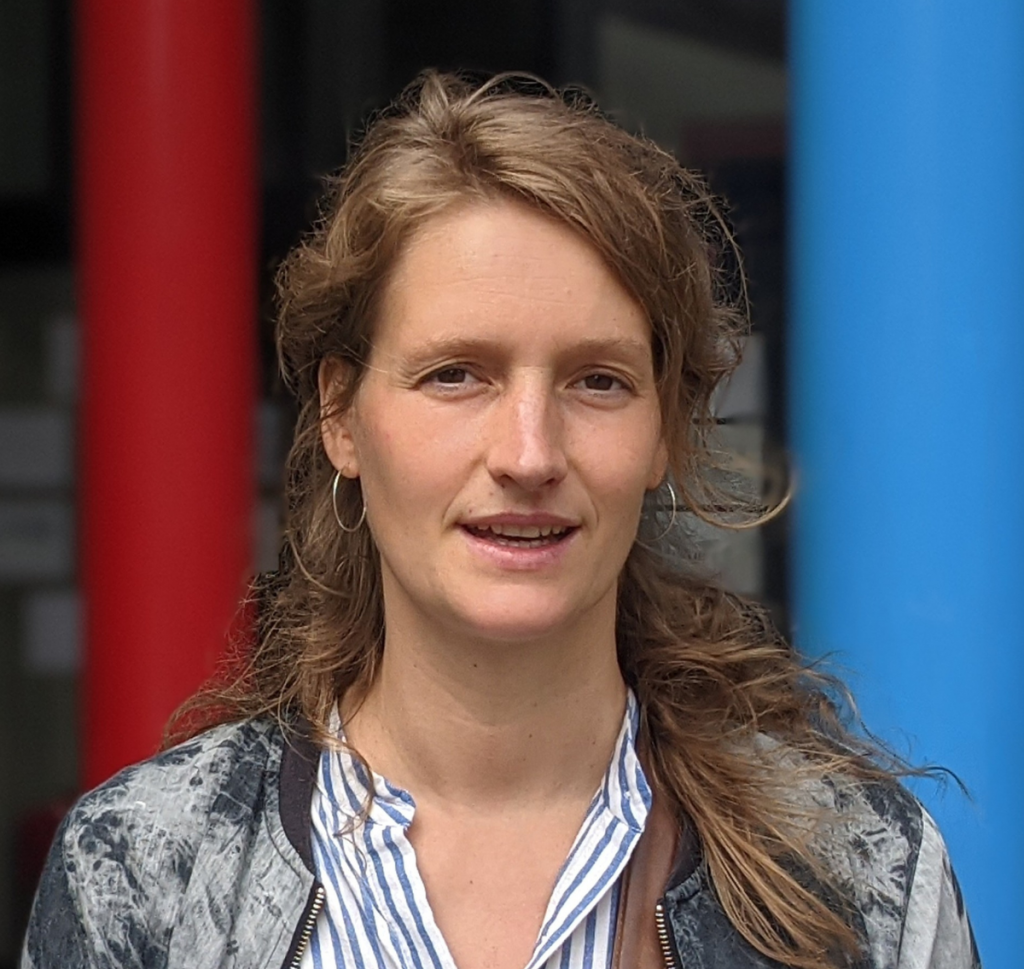
Born in 1986, Judith Rädlein completed her academic journey with a Bachelor’s degree in Social and Literary Sciences followed by a Master’s degree in European Ethnology.
Since 2020, Judith has been a key member of the leadership team at the Children’s Museum in Hamburg. In her current role, she oversees the museum’s innovative project called “HOCHFORM”, the Children’s Architecture Center Hamburg, which is dedicated to promoting participation and facilitating cultural exchange through architecture and design.
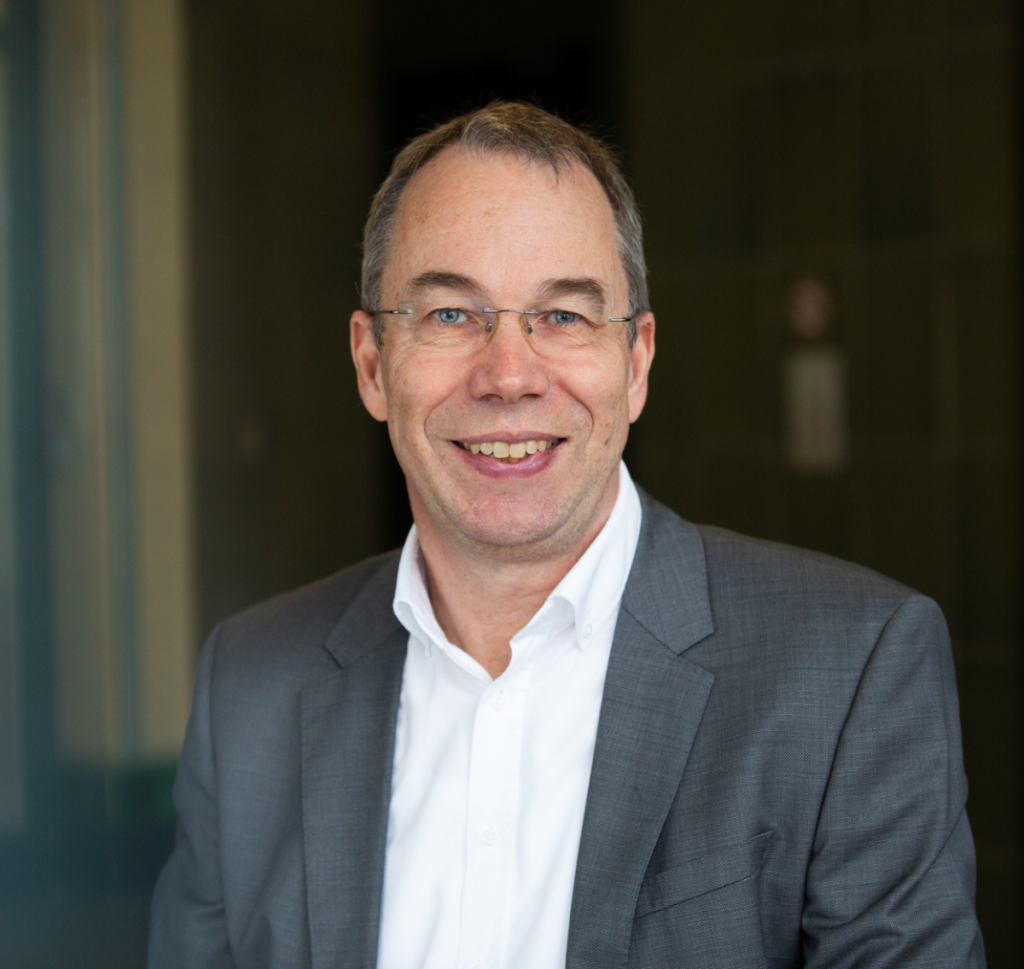
Co-Initiator at the HafenCity University Hamburg of urban experimentation projects UrbanTestbeds.JR (supported by Interreg Baltic Sear Region), ANN RADAR (funded by the ICLEI Action Fund) and SmartSquare, a “Smart Service City” urban testbed focusing on cultural service innovations in smart cities. Senior Managing Expert for digitalisation in the public sector at PD focusing on cloud computing and AI.
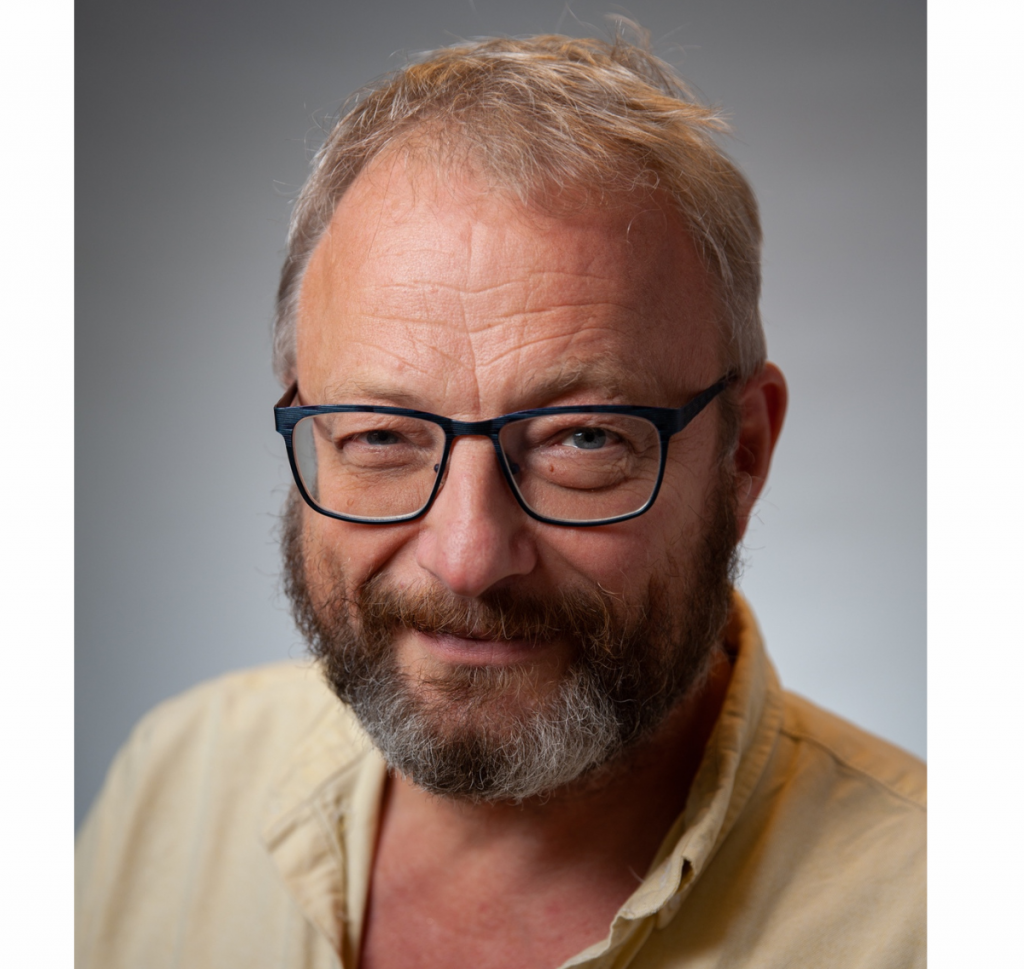
Klaus Thestrup (born 1959) is an associate professor at the Danish School of Education, Aarhus University. He teaches on the Master’s degree programme IT-Didactic Design. He is a trained social pedagogue and dramaturge. He also holds a master’s degree in child and youth culture and a PhD in media play. For a number of years, he has taught drama at the pedagogue education programme. He has written numerous articles on experimental communities, open laboratories and online teaching through flexible online meeting places.
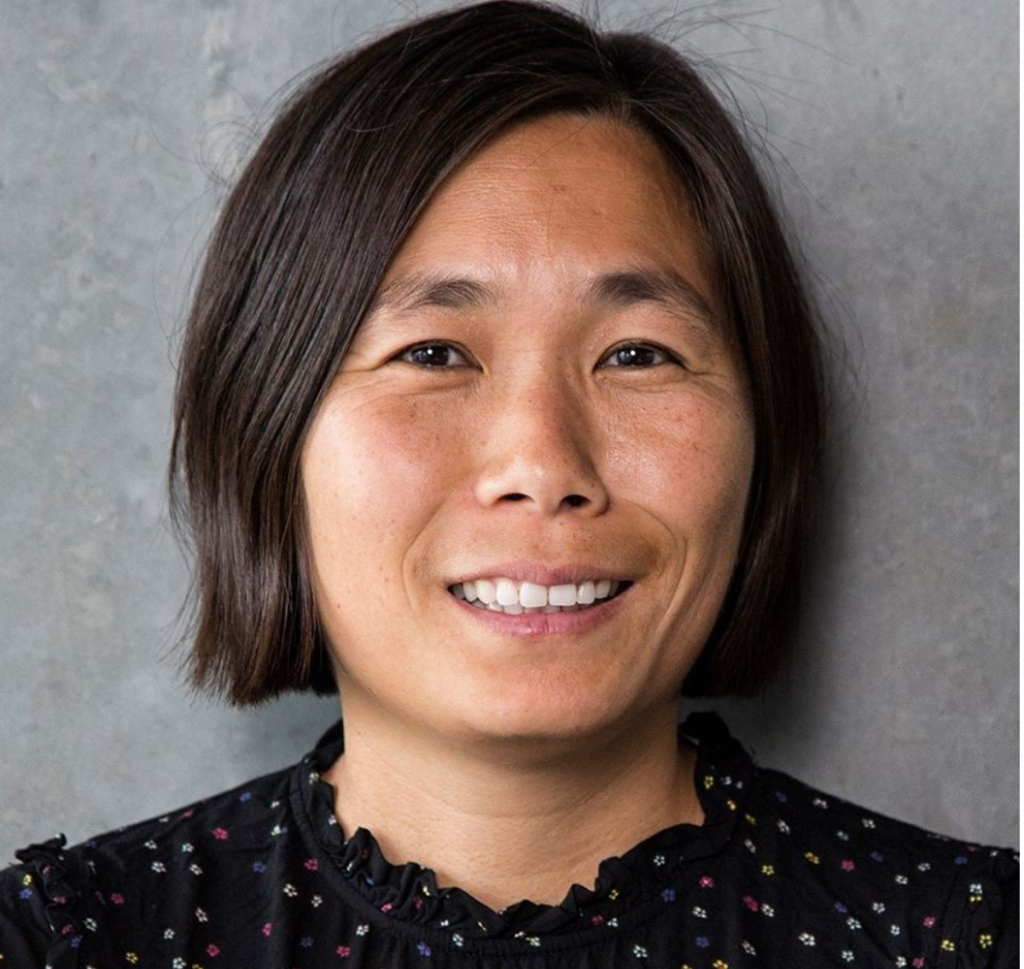
My passion is to ensure that the library plays a relevant and significant role in society in general and for the citizens.
Lisbeth holds a master’s degree in Library and Information Science. She works in Dokk1 as a librarian and host learning programs within a wide spectrum and facilitate design thinking workshops for citizens and other libraries around the world.
Right now she’s project manager for IRIS which focuses on media literacy, media and new technologies for schoolchildren and young children. She is also the project manager for Aarhus Public Libraries international conference Next Library.
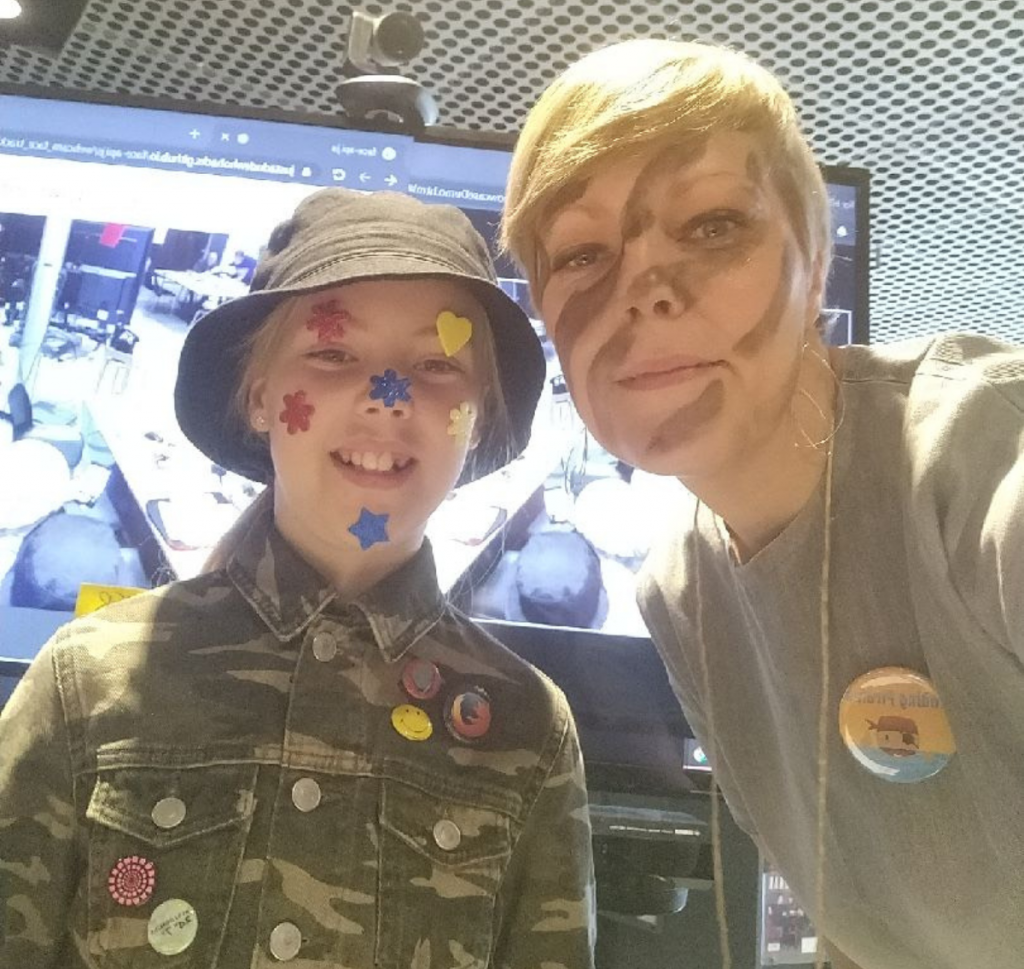
Louise Overgaard is the general secretary of Coding Pirates, an IT-creative community where volunteers and children experiment with technology, coding etc. She is also a part of Innovation Lab and the initiator to the Next Generation initiative.
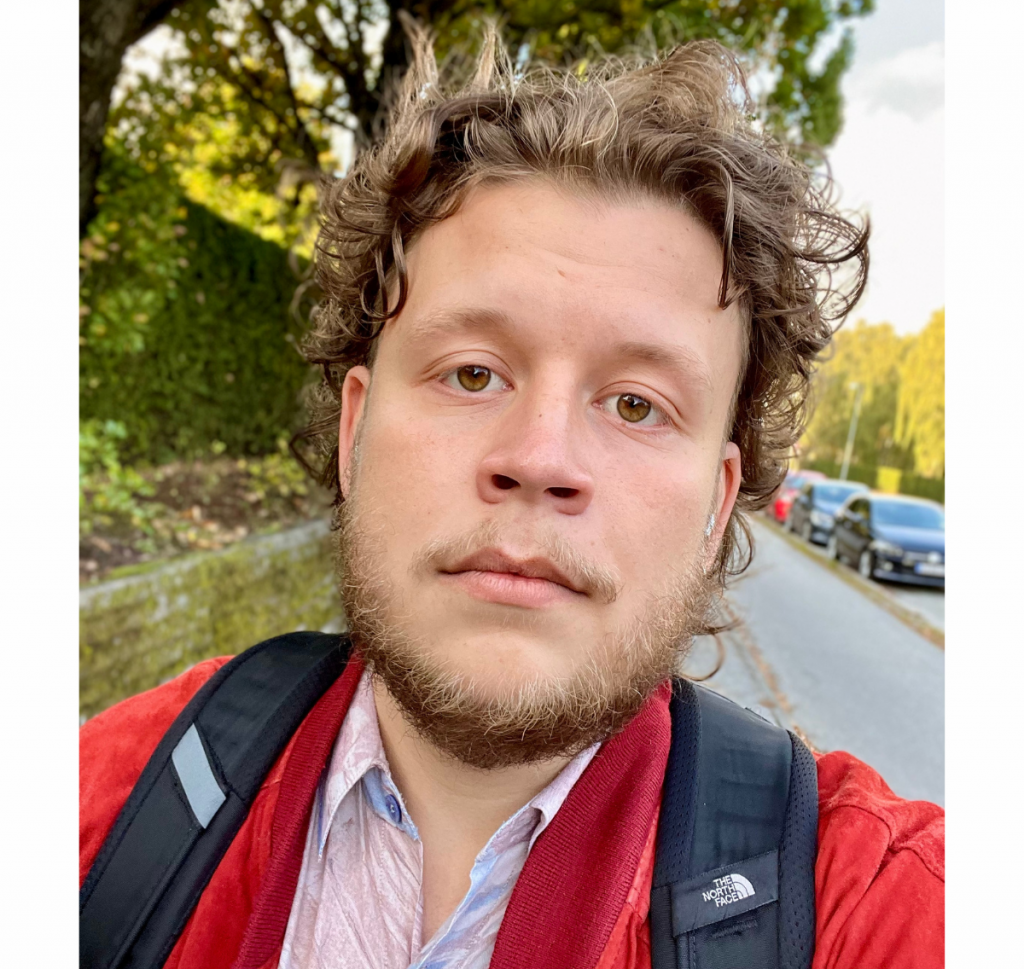
Magnus Høholt Kaspersen (Ph.D.) is a postdoc at the Department of Digital Design and Information Studies, Aarhus University.
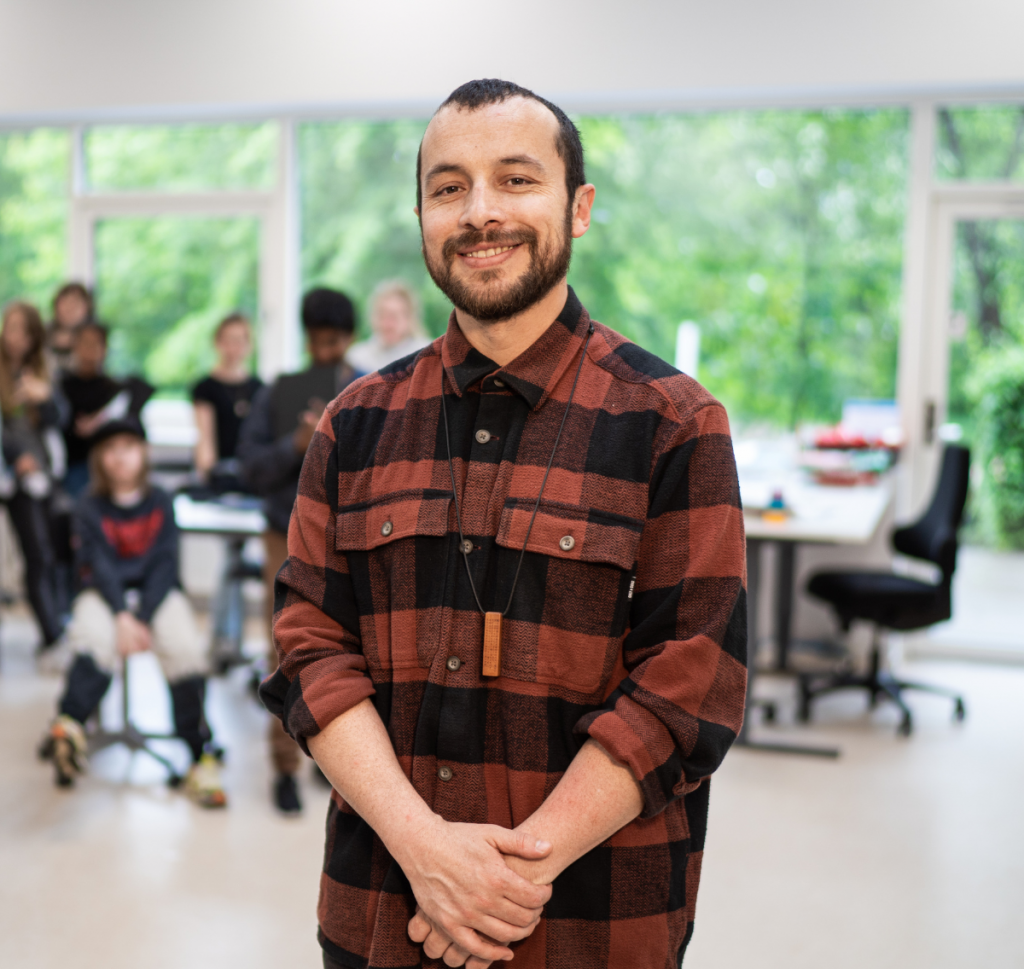
Mario is a musician and educator with 15 years of experience in various educational and artistic contexts. He is currently involved in playful learning research at the International School of Billund where he incorporates playful insights into his Music and Spanish teaching.
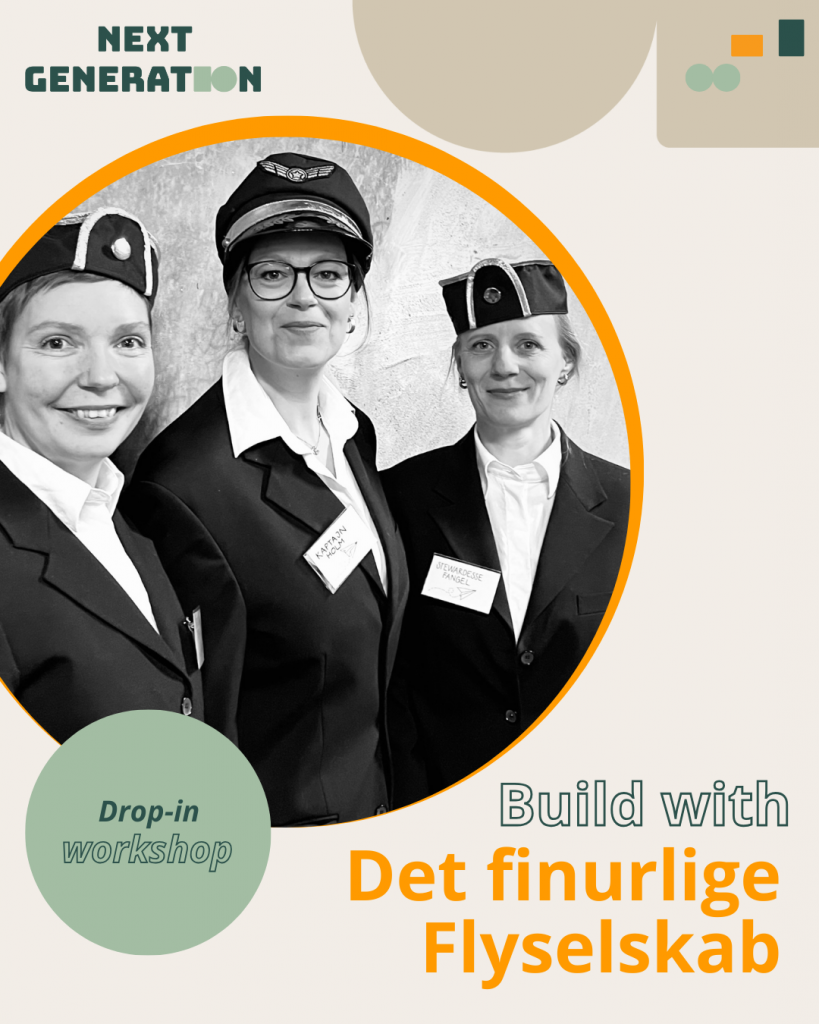
Flyttefilm, better known as stop motion, consists of images in which the figures appearing have moved a little from frame to frame. So step on when the Det Finurlige Flyselskab boards and learn more about the technique behind it and how you can use recycled materials and moving film to create a process for all target groups.
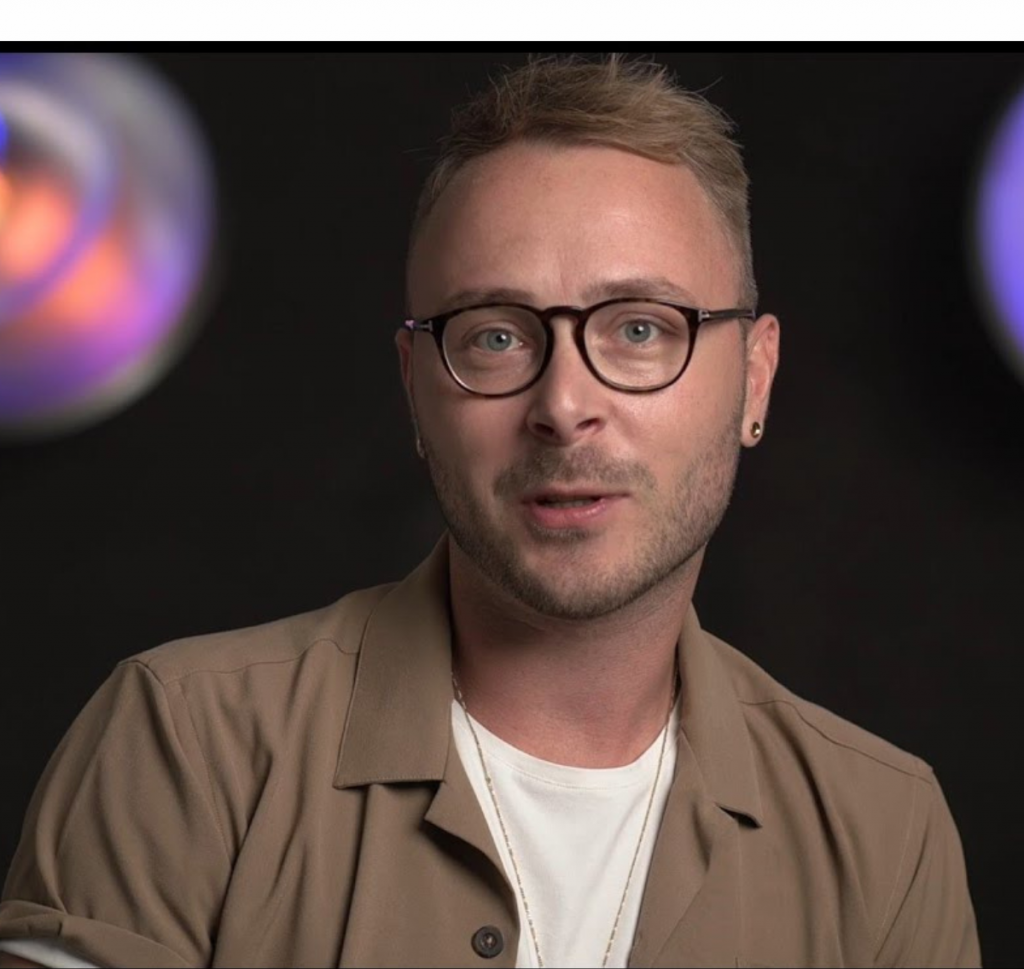
Nicklas Larsen is a senior advisor at the Copenhagen Institute for Futures Studies and Educational Lead for Teach the Future Danmark which works to democratize and integrate futures thinking in Danish education.
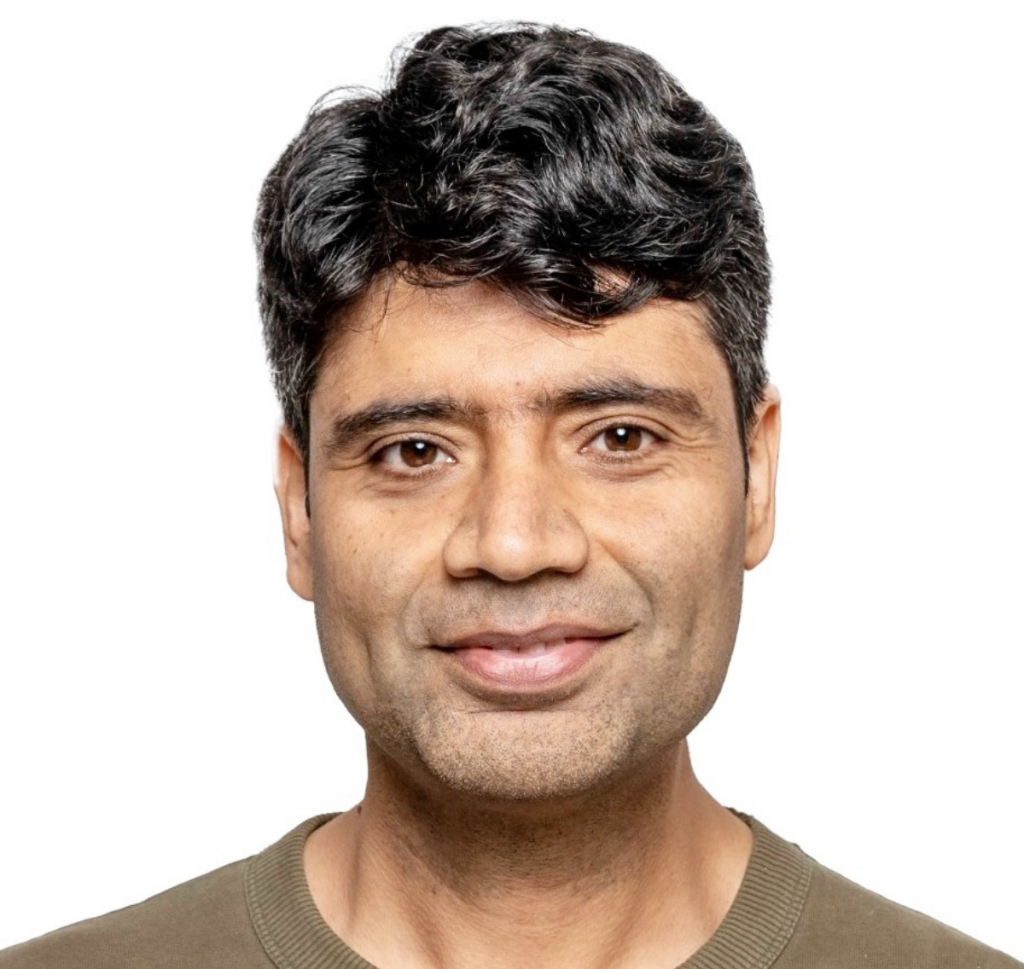
Abdolrasoul Habibipour (Ph.D.) is a senior lecturer in Information Systems at Luleå University of Technology in Sweden and is Managing director of Botnia Living Lab, Sweden. He also holds a research fellowship at the School for Data Science and Computational Thinking at Stellenbosch University (SU) in South Africa. His research focuses on participatory design and user engagement in information systems development processes, with a particular emphasis on living labs.
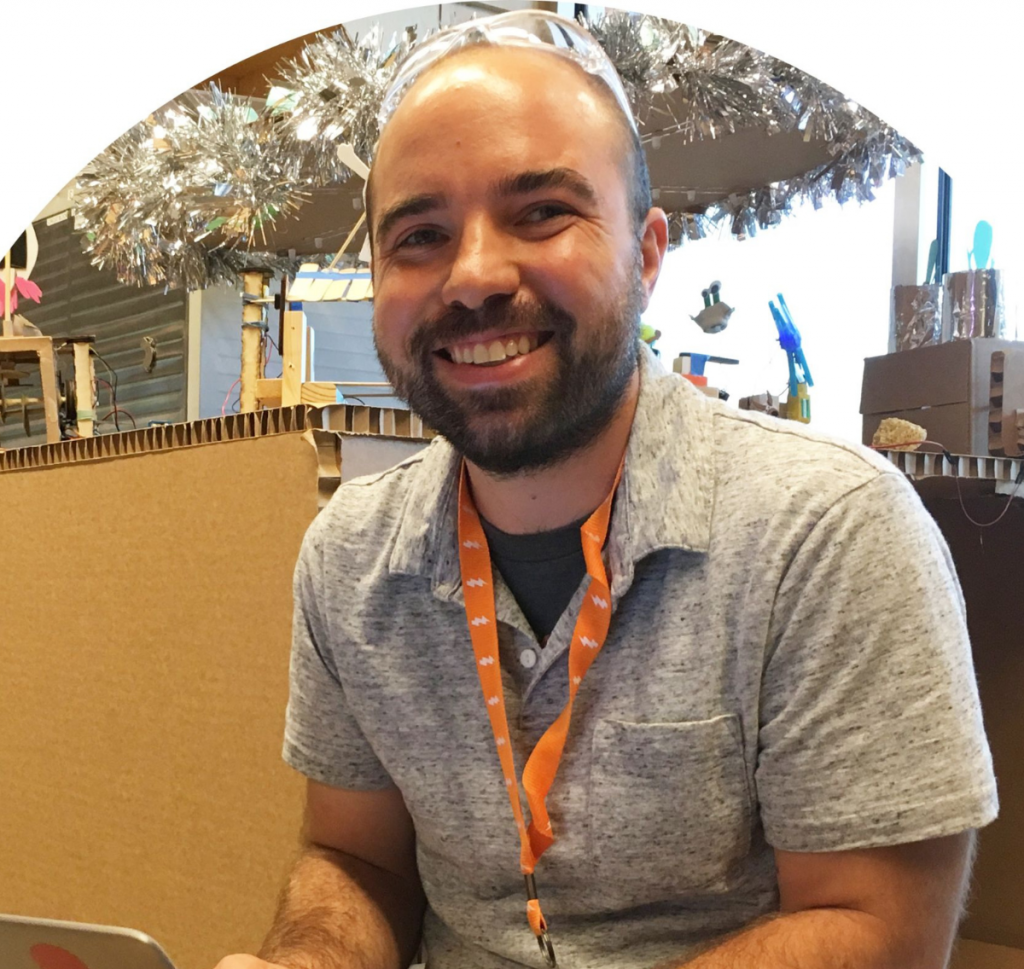
Tinkering expert Ryan Jenkins is a creator of the next generation of hands-on constructions, exhibitions, kits, activities and environments. As co-founder of Wonderful Idea Co’ he has travelled the world with exhibits and activities that have been used, adapted and remixed in many libraries, classrooms, makerspaces and museums. He has worked closely with many partners, including the Lifelong Kindergarten Group at MIT media lab, to develop a deep understanding of the best practices and latest developments in informal education.
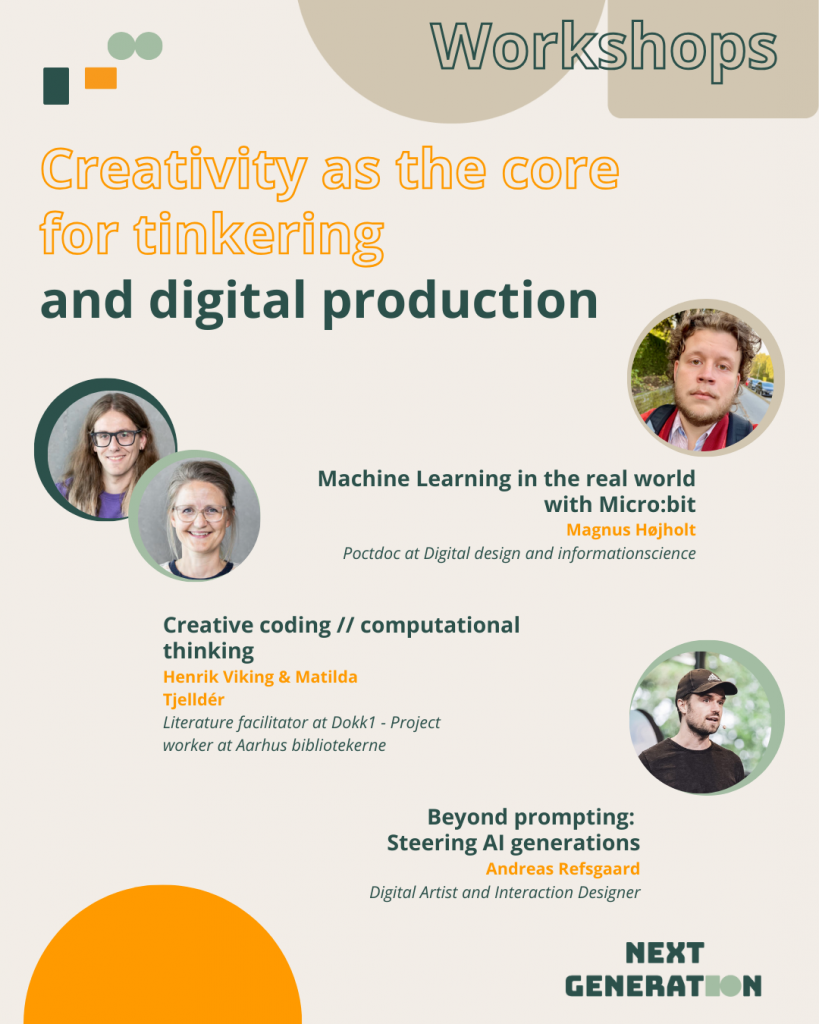
In Creative coding // computational thinking, you have the opportunity to play with a visual and auditory output in a co-creation with chatGPT in the software sketchbook Processing.
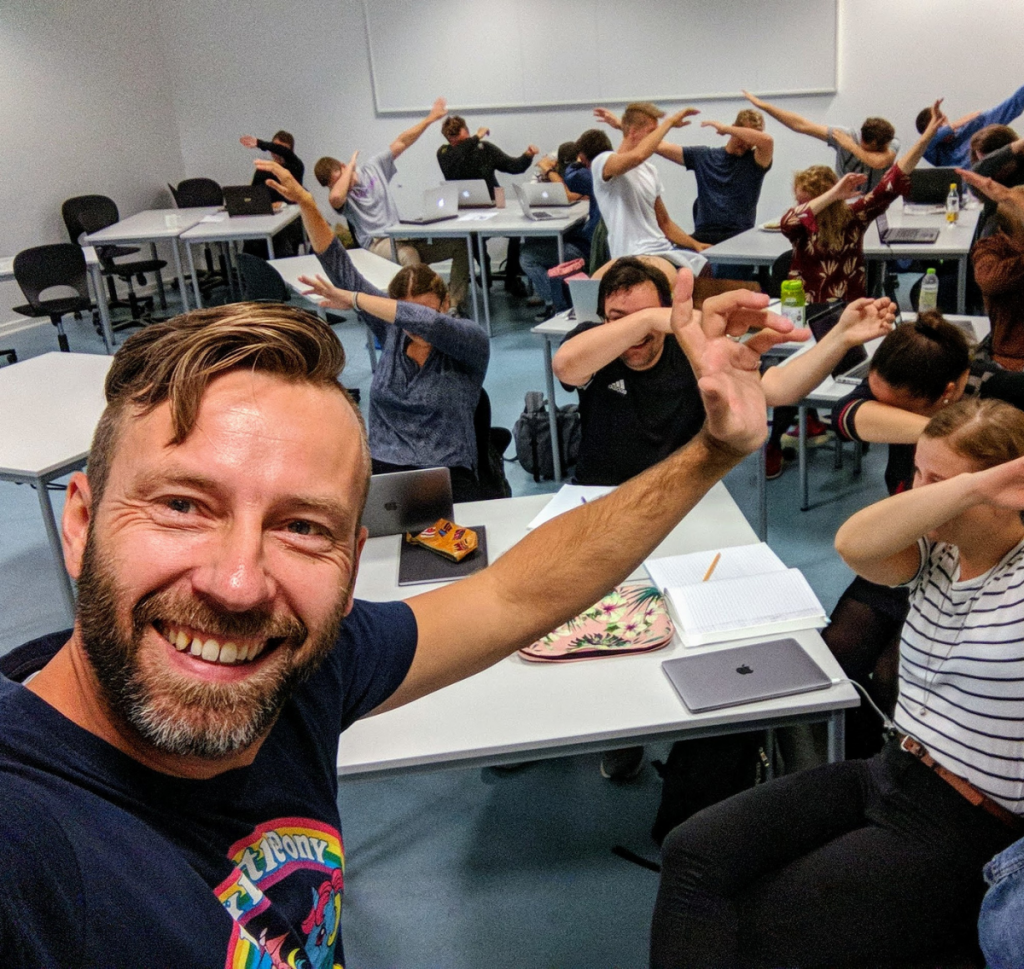
I want to revolutionize the world of education. My heart is beating for the kids we lose in the current state of our educational system.
In the early 2000’s; Tore was working with at-risk youth, as a social educator. He noticed kids who were failing at school, displayed all the qualities their papers said they didn’t possess when he played games with them.
Tore developed The School at Play-teaching approach that combines game-based learning and analogue gamification to motivate and engage across age and gender.
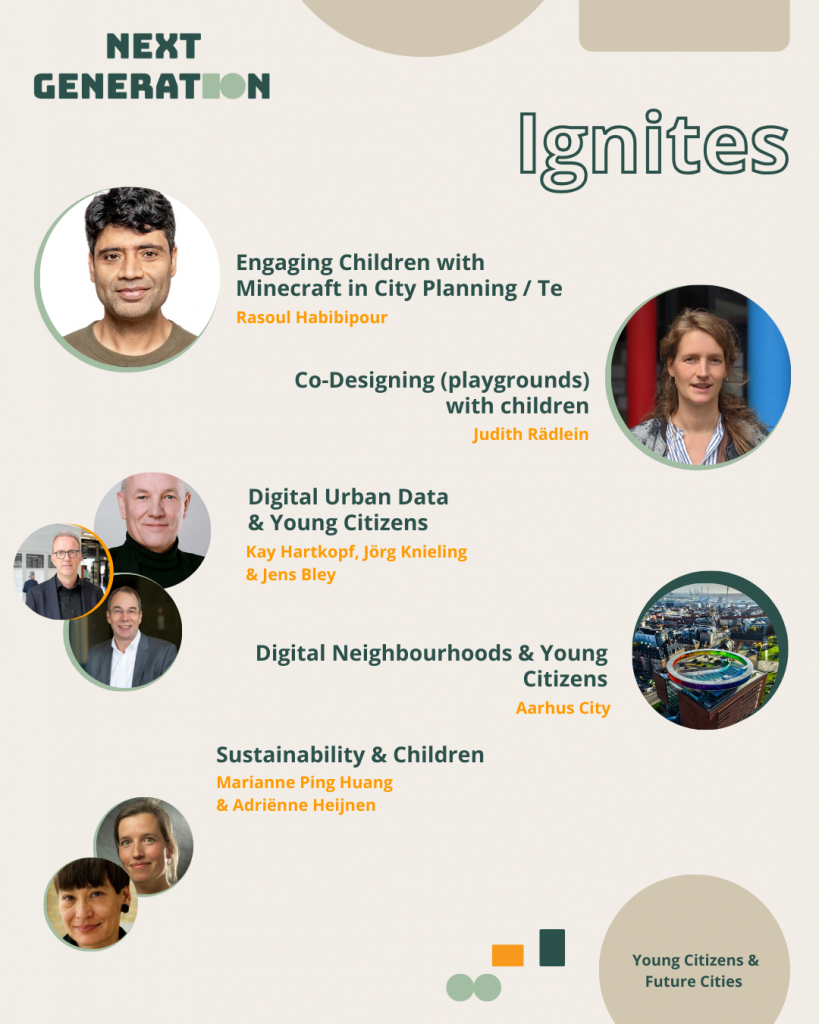
URBAN TESTBEDS.JR encourages experimentation as a significant means to build resilient communities. Focus is on the co-design of urban testbeds for tangible experiences in sustainability and climate mitigation action with and for young citizens. Aim: strengthen the joint participatory capacity for young citizens, local public authorities and enabling interest groups.
Our capacity building has three components: 1) Artificial Intelligence supported understanding and deconstructing of climate plans and their transformational goals/paths relevant for local experimentation, 2) Scoping tangible urban experimentation in testbeds, and 3) Storytelling the impact and perspective of the experimentation by means of data-based storytelling.
